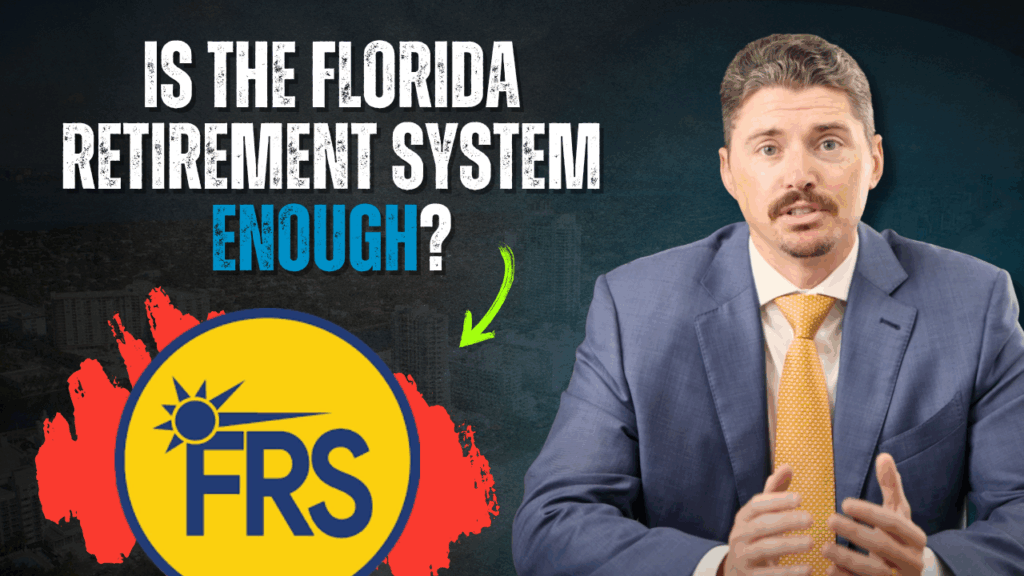Inflation Rose Modestly In October
Inflation rose slightly in October, with the personal consumption expenditures (PCE) price index increasing by 0.2% month-over-month and 2.3% annually, up from 2.1% in September. Core inflation, excluding food and energy, showed stronger results, rising 0.3% monthly and 2.8% annually, driven mainly by service prices, while goods prices fell. Despite progress in reducing inflation from its 2022 peak, cumulative effects continue to strain consumers, particularly lower-wage earners, as housing costs and savings rates remain concerns. The Federal Reserve, following consecutive rate cuts in recent months, is assessing these inflation trends and considering gradual further reductions in interest rates to balance growth and stability.
Stellantis CEO Resigns
Carlos Tavares, CEO of Stellantis, has unexpectedly resigned following disagreements with the board of directors, with his departure taking immediate effect. The company has initiated a search for a new CEO, to be completed by mid-2025, while an interim committee led by Chairman John Elkann will oversee operations. Tavares, who played a key role in Stellantis’ creation and initial success, faced criticism this year for declining profitability in North America, severe cost-cutting measures, and underinvestment in new products. The resignation was met with agreement from the United Auto Workers union, which had called for his removal, citing mismanagement and its impact on employees.
Tariff’s Impact on Inflation
Goldman Sachs predicts President-elect Donald Trump’s proposed tariffs—10% on Chinese goods and 25% on imports from Canada and Mexico—would increase U.S. inflation, particularly raising core PCE prices by an estimated 1%. These tariffs, if enacted, could complicate the Federal Reserve’s plans for rate cuts as inflation remains above its 2% target. The proposals, linked to immigration and drug enforcement policy demands, may serve as negotiating tactics rather than fixed policies, with Canada and Mexico potentially exempted. The tariffs would affect 43% of U.S. goods imports, generating nearly $300 billion annually, but uncertainty remains regarding their final implementation.

















